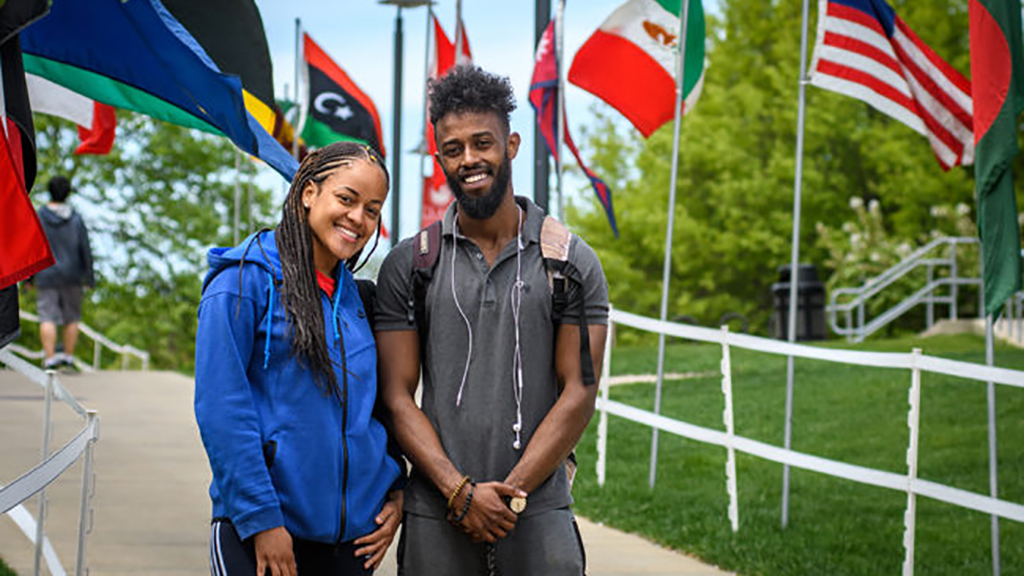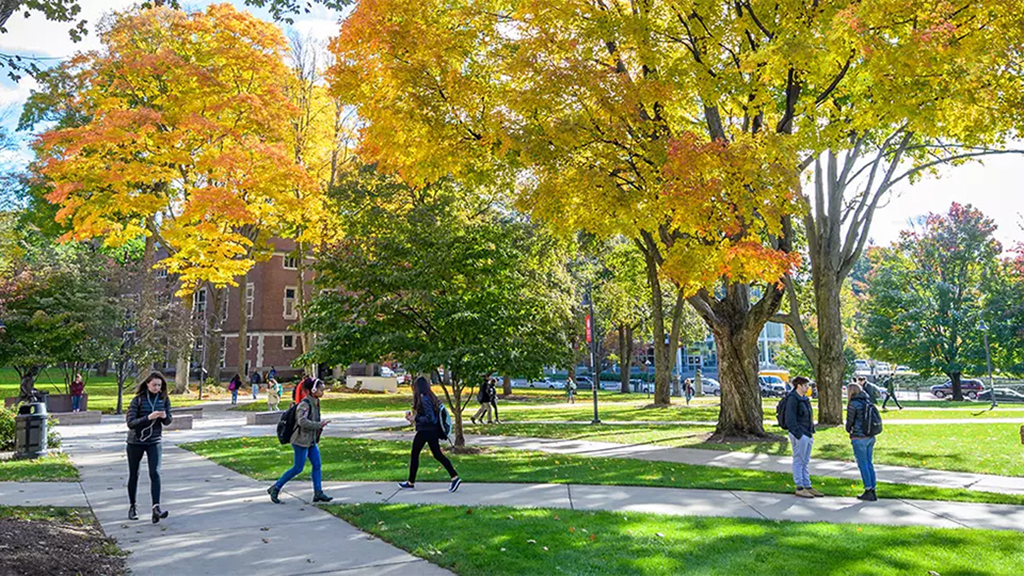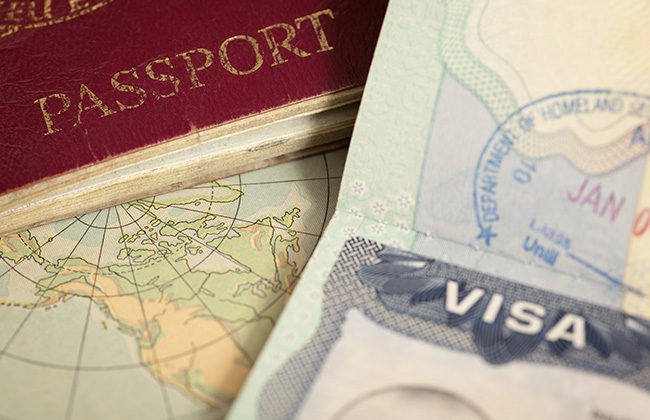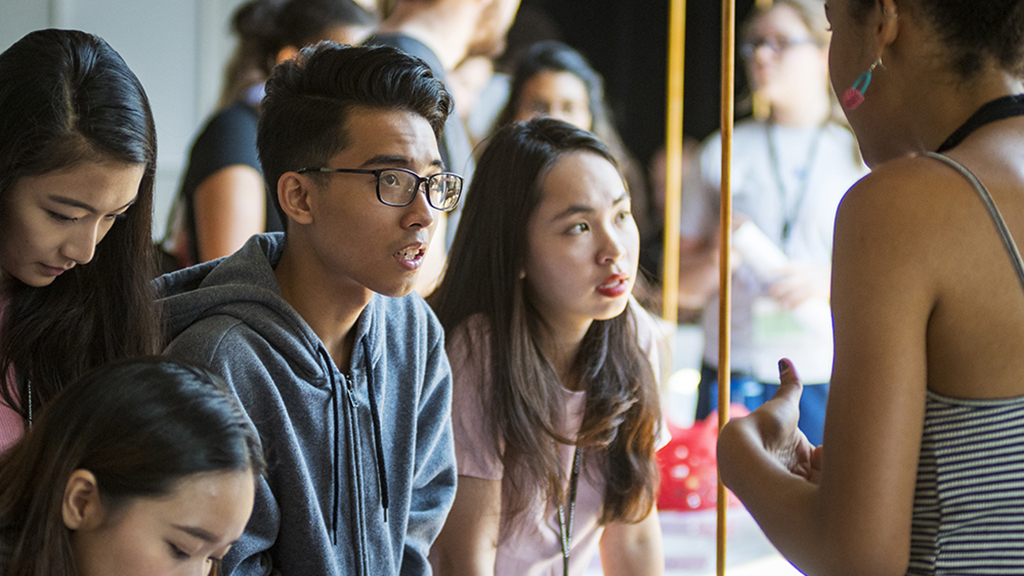We Love Our International Community at Clark
Clark University is home to more than 1,000 international students, faculty members, scholars, and their dependents from over 80 countries. Located in a diverse, global neighborhood in Worcester, Mass., Clark embraces and celebrates the wide variety of people, cultures, languages, and experiences found within our community.

Coming to Clark
From applying for your visa, to arriving at Boston Logan International Airport, to traveling to our campus, we provide the information you need to begin your Clark journey.
Student Support
Get help with academics, careers, counseling, and more. View information for Third Culture Kids/Global Nomads, as well as DACA and undocumented students.

Life in the U.S.
What if you get sick? Where do you get a driver’s license? What about safety? Find out the answers to these and other questions about living and studying in the U.S.

Immigration Requirements and Services
Clark’s International Students and Scholars Office (ISSO) can answer your questions about visas and other immigration issues. Visit our portal to upload documents.

Meet the Staff
The International Students and Scholars Office (ISSO) advises international students, faculty, scholars, and alumni on matters relating to immigration.
International Students and Scholars Office
-
142 Woodland St.
Clark Office of Global Engagement at Corner House
Worcester, MA 01610 - 1-508-793-7362
- isso@clarku.edu
-
9 a.m. – 5 p.m.
Monday – Friday

